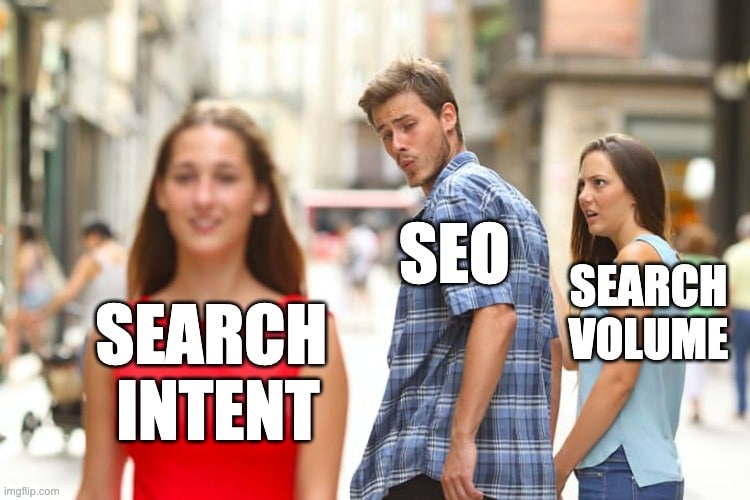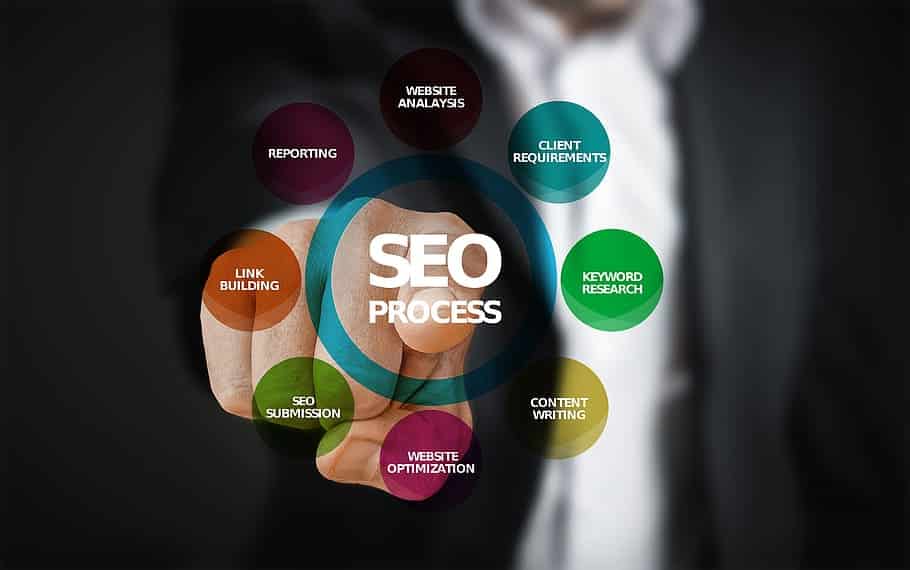It’s 7 a.m. on a Monday. A homeowner walks into the kitchen only to find water pooling under the sink. Panic sets in. They grab their phone and type “plumber near me” into Google. What happens next? They pick one of the top 3 search results—and if you’re not up there, you’ve already lost that call.
That’s why SEO for plumbers is crucial to your growth. In a digital-first world, plumbing SEO ensures your business appears at the top when someone urgently needs help—so you’re the one getting the call, not your competitor. Here are 10 SEO tips you can actually use to get seen by the right people at the right time.
Google Ranking Factors and Why They Matter for Plumbers?
Ever wonder how Google decides which plumbing business shows up first and which one gets buried on page two? It comes down to something called ranking factors—basically, Google’s checklist for figuring out how relevant, trustworthy, and helpful your website is to someone’s search.
These factors include things like how fast your site loads, how many other sites link to it (backlinks), how often you update your content, and how well your site matches the keywords people are searching for. In short, the better you line up with what Google wants, the higher your plumbing business shows up in search results.
Here’s why it matters:
- Search engines drive 68% of all website traffic – and organic search alone makes up more than half of it.
- Businesses with strong keyword rankings appear 1.5 positions higher on average.
- 60% of marketers say SEO is their most important marketing tactic.
If you’re not ranking in the top 3 for common plumbing searches in your area, you’re basically invisible. But the good news? You can fix that by focusing on SEO for plumbers and aligning your site with the factors Google actually cares about.
SEO for Plumbers: Actionable Tips and Best Practices
Want to show up when your customers are searching for a plumber? Here are 10 practical tips to make sure your business gets found—and chosen.
Start with Proper Keyword Research
Before you fix a leak, you diagnose the problem. The same goes for SEO for plumbers—you can’t get results unless you know what people are searching for.
Use tools like Google Keyword Planner, Ubersuggest, or SEMrush to find terms people are searching for—things like:
- “emergency plumber in Austin”
- “toilet repair near me”
- “best plumber for water heater installation”
Mix in short-tail (“plumber Austin”) and long-tail keywords (“same-day plumber for burst pipe Austin”) to capture a wider audience.
Focus on local intent. People aren’t looking for any plumber—they want someone nearby who can get the job done fast.
Optimize On-Page SEO Elements
Google needs to understand what your pages are about. Make sure to:
- Use descriptive title tags with plumbing-related keywords.
- Write clear meta descriptions that encourage clicks.
- Structure your content with H1, H2, and H3 headers.
- Make sure your URLs are clean and easy to read (e.g., /toilet-repair-austin/, not /page-id-8327).
- Sprinkle relevant keywords throughout your content—but make it sound natural.
Leverage Local Search Optimization
Plumbing is local. So your SEO should be, too.
- Use location-based keywords in your content and headings.
- List every city or service area you cover on your site.
- Submit your business to local directories like Yelp, Angi, and HomeAdvisor.
- Add schema markup to your site so Google understands your business info better.
Build High-Quality Backlinks
Think of backlinks as online referrals. The more you have from credible websites, the more Google trusts you.
How to get them:
- Write guest posts on home service blogs.
- Partner with local businesses for link swaps.
- Submit to local directories.
- Avoid sketchy, low-quality link schemes—they’ll hurt more than help.
Create a Strong Content Marketing Strategy
Google loves content that actually helps people. Start a blog and write posts like:
- “Why is my toilet making a gurgling noise?”
- “Should I repair or replace my water heater?”
Answer the questions your customers are already Googling. That content builds authority and gives Google more reasons to send traffic your way.
Claim and Optimize Your Google Business Profile
This is a must for local plumbing SEO.
- Claim and verify your Google Business Profile
- Add your services, business hours, photos, and service areas
- Encourage happy customers to leave Google reviews
This boosts visibility in local map packs—those top results with the map that get the most clicks.
Make Your Website Mobile-Friendly
More than half of local searches happen on phones. If your site looks bad on mobile, you’re losing business.
Make sure your website:
- It loads in under 3 seconds.
- Buttons are easy to tap.
- Info is easy to find.
Use responsive design to keep things looking clean on all devices.
Improve Page Speed and Technical SEO
Slow websites don’t just frustrate people—they get penalized in rankings.
- Use Google PageSpeed Insights to test your site.
- Compress images, enable caching, and remove unnecessary scripts
- Make sure your site has a sitemap and robots.txt file
Use Analytics to Track Performance
Set up Google Analytics and Search Console to track how your site’s performing.
Watch for:
- Which pages get the most traffic
- Which keywords bring in the most leads
- What actions do visitors take on your site
Then adjust your strategy based on real data.
Stay Consistent and Patient
SEO is a long game. Results often take 3 to 6 months or more. But consistency pays off.
Be consistent with:
- Publishing content
- Building backlinks
- Updating your site
And you’ll keep climbing those rankings.
Why Work with a Professional Digital Marketing Agency?
Sure, you can DIY your SEO. But here’s the thing—it takes time, experience, and strategy to get real results. That’s where a digital marketing agency makes a big difference. Here’s why home service companies need a local digital marketing agency.
When you work with professionals like LMH Agency, you get an entire team behind you. They handle everything from keyword strategy and content to technical audits and backlink building. You don’t have to guess which tools to use or worry if your site’s architecture is slowing you down—they’ve already got the answers and resources.
You also get access to skilled writers, SEO specialists, designers, and analysts—all focused on helping your plumbing business grow. Everything is tracked, measured, and reported, so you’ll know exactly what’s working and what needs adjusting.And when it comes to choosing the right agency, it’s not just about who has the flashiest website. You need someone who understands your industry, communicates clearly, and has a track record you can trust. Here’s how to find the right fit.
Specialized Plumbers SEO: Turn Online Searches into Service Call
LMH Agency offers SEO built specifically for plumbing businesses. Our team includes certified SEO pros, designers, and marketers who know how to turn clicks into calls. Whether you need SEO services, website design, or help with local visibility, we’ve got it handled.
From on-page optimization to lead generation, LMH builds plans around your business goals and service areas. We use the latest tools, stay ahead of trends, and keep things transparent—so you’re never in the dark.Want to see what a real SEO strategy looks like? Schedule a free consultation with us and get a digital marketing plan tailored to your business.



















